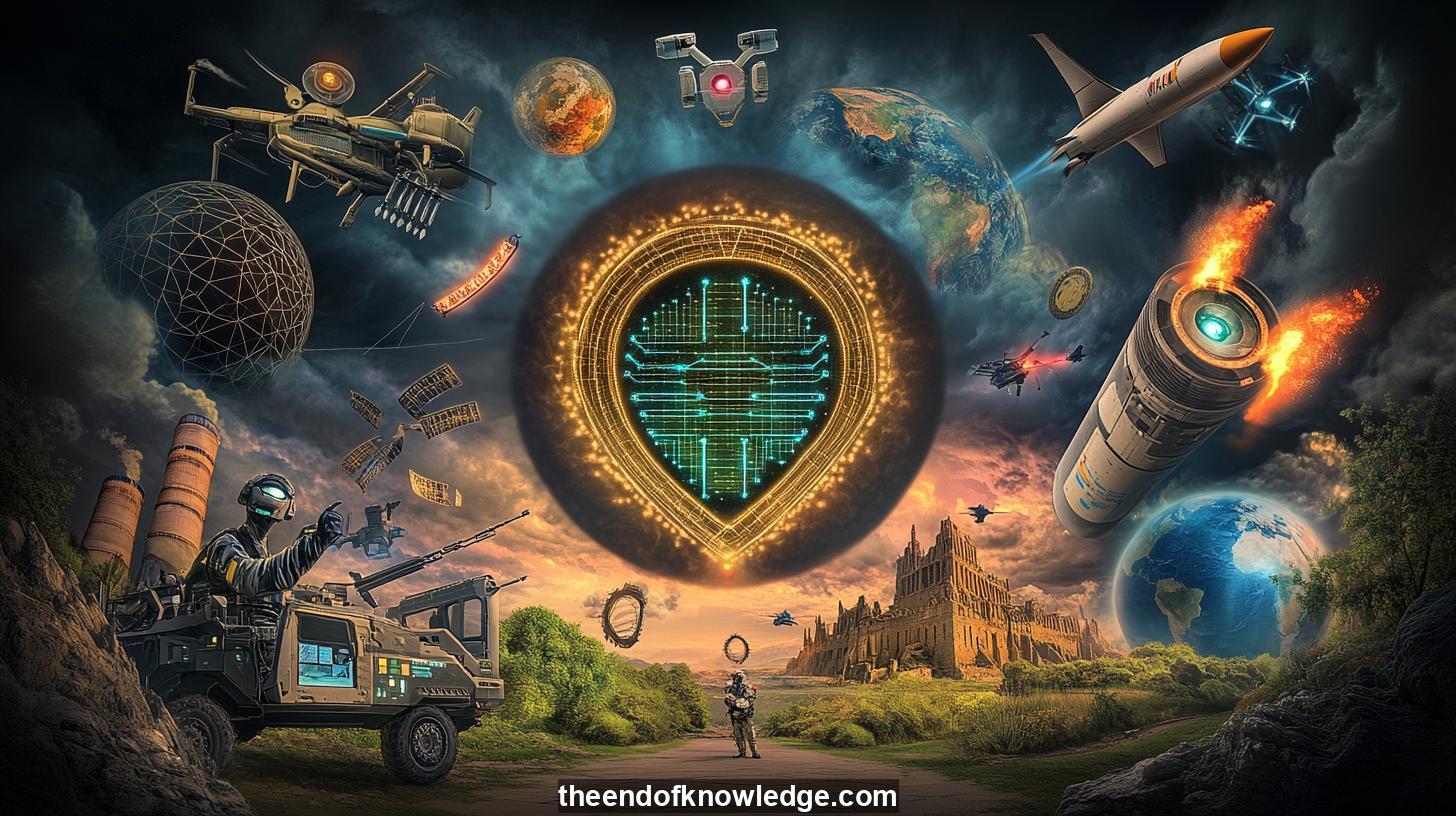 >
>
Concept Graph, Resume & KeyIdeas using DeepSeek R1 :
Resume:
The discussion revolves around the integration of artificial intelligence (AI) in military and cybersecurity contexts, highlighting its transformative potential and ethical implications. Experts like Mario P.B. emphasize the role of AI in enhancing cybersecurity, particularly in aviation and military applications, while addressing concerns about safety, control, and potential misuse. The conversation touches on the balance between defense mechanisms and offensive capabilities, the challenges of regulating AI, and the ethical dilemmas faced by developers and policymakers. The impact of AI on global conflicts, including its use in drones and autonomous systems, is also explored, underscoring the need for international cooperation and robust regulatory frameworks to mitigate risks and ensure responsible innovation.30 Key Ideas:
1.- AI integration in military systems enhances cybersecurity but poses ethical concerns.
2.- Cybersecurity threats are evolving with advanced AI-driven attacks.
3.- Autonomous drones and AI systems are reshaping modern warfare strategies.
4.- Ethical dilemmas arise from AI's potential to cause unintended harm.
5.- Regulatory frameworks are crucial to mitigate AI misuse in military contexts.
6.- International cooperation is essential for AI governance in warfare.
7.- AI systems require rigorous testing to ensure safety and reliability.
8.- The use of AI in surveillance raises privacy concerns.
9.- Cyberattacks leveraging AI can target critical infrastructure.
10.- AI-driven systems can autonomously detect and respond to threats.
11.- The development of AI for military use sparks global competition.
12.- AI enhances decision-making processes in military operations.
13.- Ethical considerations must guide AI development and deployment.
14.- AI systems can be vulnerable to adversarial attacks.
15.- The role of AI in cybersecurity is both protective and offensive.
16.- AI algorithms require transparency to ensure accountability.
17.- Military applications of AI necessitate strict safety protocols.
18.- AI can amplify existing biases in decision-making systems.
19.- The global arms race in AI technology is intensifying.
20.- AI-driven systems require continuous monitoring and updates.
21.- Cybersecurity measures must evolve to counter AI-based threats.
22.- AI systems can simulate scenarios for military training and strategy.
23.- The ethical implications of AI in warfare are complex and multifaceted.
24.- AI can enhance situational awareness in military operations.
25.- The potential for AI to cause unintended consequences is significant.
26.- AI systems must be designed with fail-safes to prevent misuse.
27.- International agreements are needed to regulate AI in warfare.
28.- AI can improve the efficiency of military logistics and planning.
29.- The integration of AI in military systems raises questions about accountability.
30.- AI technology is a double-edged sword in modern conflict scenarios.
Interviews by Plácido Doménech Espí & Guests - Knowledge Vault built byDavid Vivancos 2025